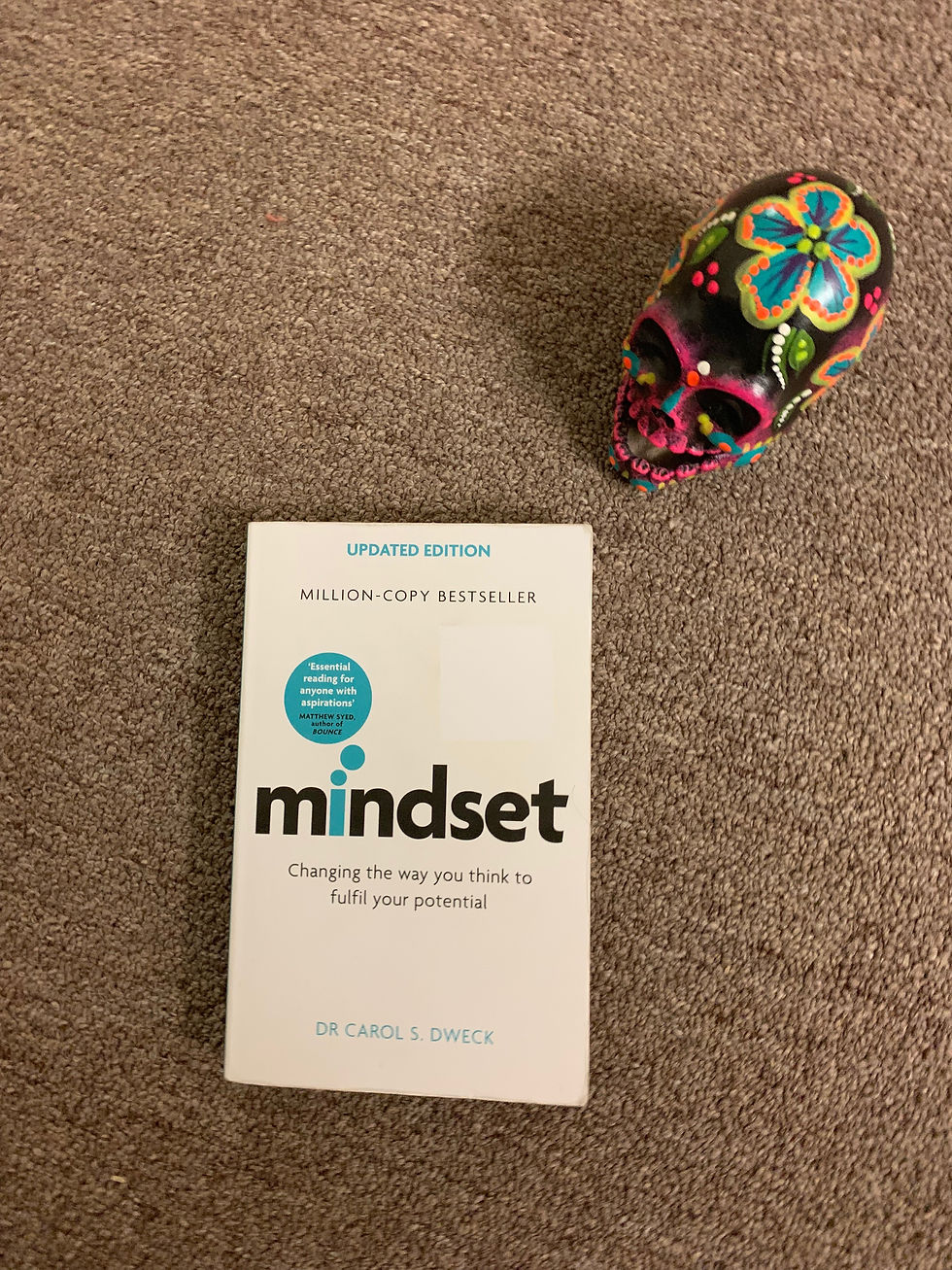Plum Rains: A Story on the Changes of a Century
- earth_to_gillian

- May 1, 2021
- 3 min read

Plum Rains is one of the most mind-blowing fictions that I have ever read. It's a mix of science and historical fiction, which is so interesting to me, since I never came across a book that blended these two genres.
Plum Rains is a story set in 2029 in Japan, focusing on the lives of a Filipina nurse and a 100-year-old Japanese woman who holds many secrets, including her history in WWII and a hidden identity as an Atayal. A robot is introduced into their lives as a prototype, where it teaches itself to anticipate the old lady's needs. Throughout the book, it shows how the lives of these three characters intersect, and how artificial intelligence can either make or break history.
The author, Andromeda Romano-Lax, did a fantastic job in illustrating how much has changed within a century, yet how much has also remained the same. I have never seen a book perfectly capture the lives of Filipinos. She created a character that represents the motivations of an average Filipino, including why they have to leave the Philippines and work overseas so as to make a better life for themselves. It's something I personally feel attached to, as a Filipina myself.
The characters are well-written, especially how their storylines are parallel to each other. Both of the characters have gone through a journey of discrimination, sexism, and the pressure to conform to a society that they do not belong into. Yet, despite their similarities, Andromeda also showed how humans tend to deny themselves, sabotaging their own beneficial desires. The two characters refused to open up to each other until the very end, only realizing until later how important it is to rely on one another. Only by opening up to each other can we truly understand.
I also found it interesting how Andromeda used artificial intelligence as a literary device to show what it's like to be a human. The robot in this story is one that continues to teach and develop itself, getting smarter in each chapter, such that it can cater to the old woman's needs. It's a contrast to the other two characters, and how denied themselves the opportunity to thrive and grow. Andromeda demonstrates the possible future of how artificial intelligence can override, or even dominate us, if we keep denying ourselves this opportunity. If we do not learn from our past to create a better future, as well as learn from the people around us. In the end, we are all replaceable, unless we let ourselves be heard.
But what I found to be the most thought-provoking is the irony of humankind. Plum Rains is a story that shows a plausible future, giving readers a peek on how technology can evolve to make our lives more convenient. We can advance much faster than we believe, creating a whole new era of digitization and innovation. But despite advancing at such a fast pace to this future, our mindset is still stuck in the past, with such backwards thinking. The Filipina nurse, for example, gets criticized constantly due to cultural differences. And when the old woman reveals her past in WWII to the Japanese public, who celebrated her centennial birthday together with her, she received so much backlash. Everyone insisted in forgetting about the scars and dark past that Japanese colonialism has done to her and everyone in her racial group. They called her racial slurs and tried to justify the reasons of the war. It made me think: this kind of mindset still applies today, whether it be discrimination or just finding our history irrelevant. After all, many people think, what does this have to do with us? It's over. There's no need to think about it.
But ignoring it means allowing history to repeat itself. As the younger generation, understanding our history is important, so we don't repeat itself. The older generation lived through it for us to live in a world that learns from its mistakes.
And isn't that the moral of this story? Artificial intelligence does not have these biases nor the urge to defend itself from guilt and shame. They only continue to learn and thrive. That's what makes them superior to humans in an intellectual sense. But ultimately, what Andromeda shows, is that artificial intelligence can also exceed us in an emotional sense as well.
This book is truly mind-blowing and made me reflect a lot on my own mindset as well as biases. We should start to recognize when we deny ourselves the opportunity to thrive and grow, and also not be afraid to criticize ourselves when we believe we made a mistake. That is the only way for us to create something meaningful for ourselves.
Anyways, I know this was super philosophical, but I strongly recommend this book to anyone interested in science-historical fiction, especially in Asian society. It's really one of a kind.
.png)



Comments